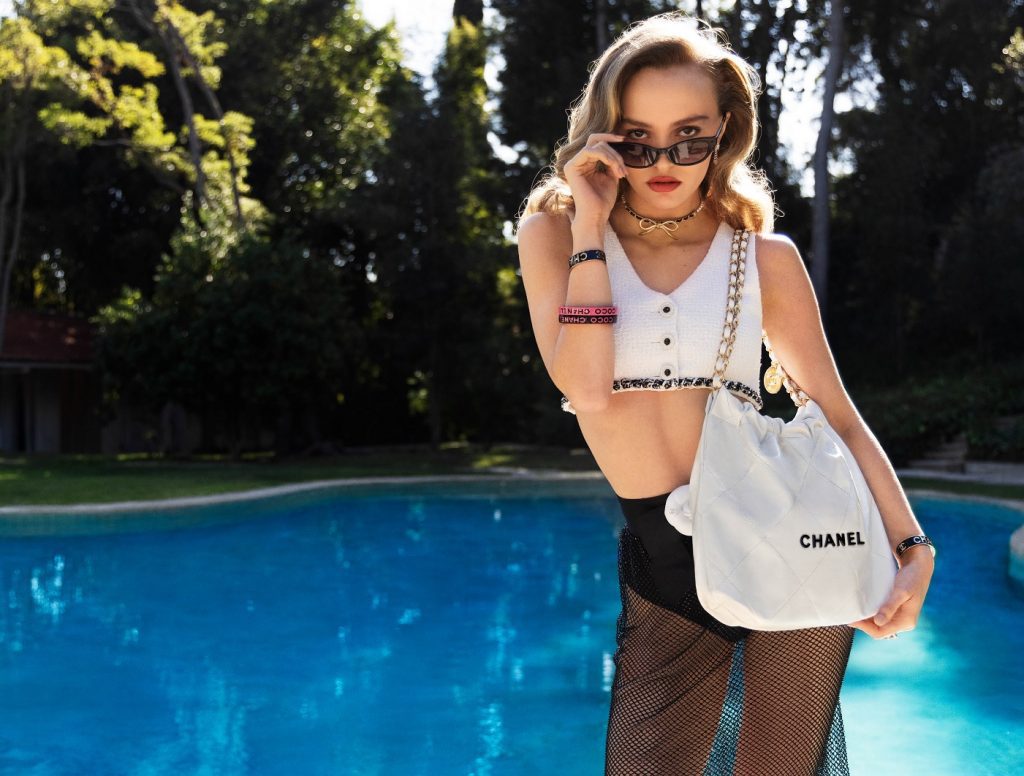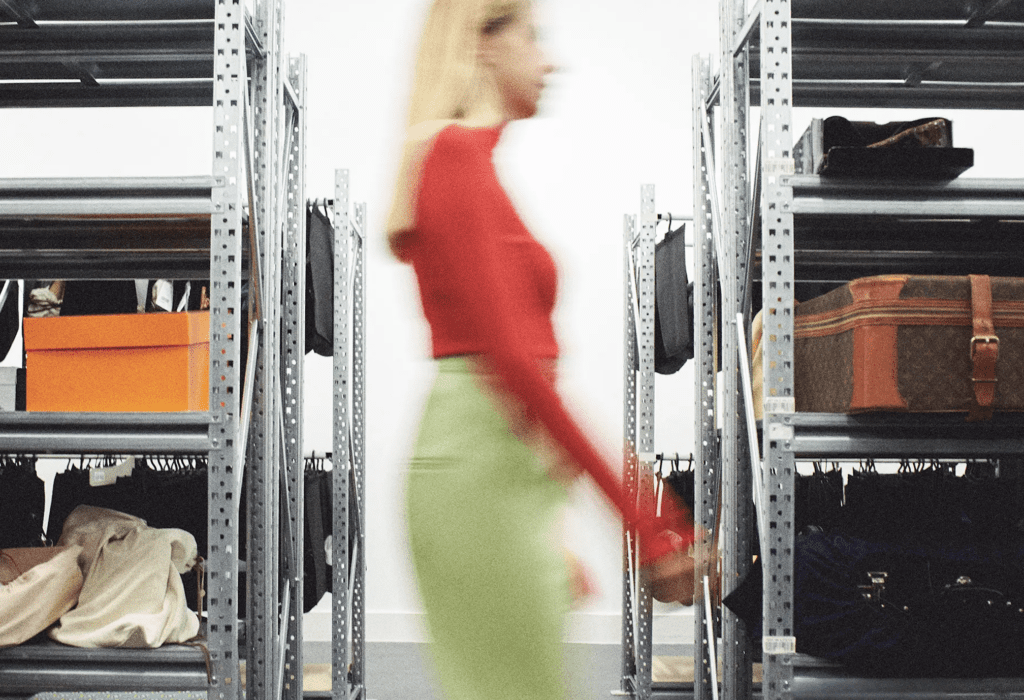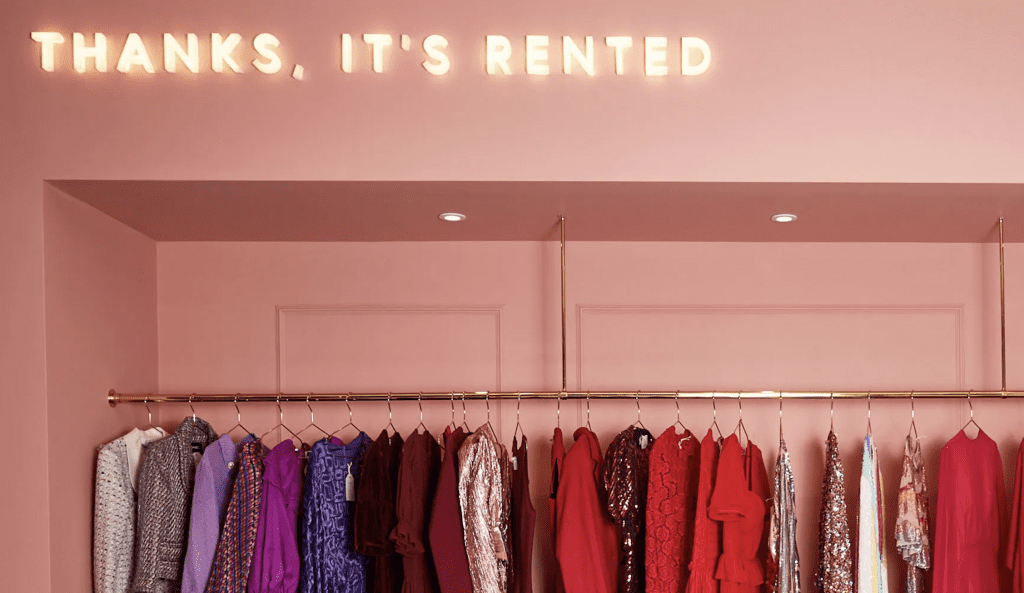Chanel reported revenue of $15.6 billion for the year ending on December 31 – up 49.6 percent compared to 2020 and 22.9 percent compared to 2019, with the luxury goods titan citing “record [sales] highs in 2021 across all product categories despite the Covid pandemic impacting our Retail and Travel retail businesses, particularly in the first part of the year.” Operating income amounted to $5.46 billion, an increase of 170.6 percent year-over-year and 57.5 percent from 2019, making for what chief financial officer Philippe Blondiaux says is a “very strong financial performance [that] reflects the strength and uniqueness of the CHANEL brand focused on creation and sustained commitment to enhance our savoir-faire.”
Diving into its 2021 results, Chanel cited “strong results driven by double-digit growth in all product lines,” with sales within its Fashion division, including sales of leather goods and Ready-to-Wear, proving to “particularly strong.” Chanel’s Fragrance & Beauty division “demonstrated strong resilience based on market share gains in key countries, and demand (both in boutiques and online) from local clientele as travel retail remained impacted by restrictions,” the company revealed, highlighting the 100th anniversary of its CHANEL N°5 fragrance and its launch of “innovative pop-ups in key markets” as part of its efforts.
The Chanel revenue report comes on the heels of a trio of aggressive price increases for the brand in 2021, including hikes in the price tags for its Classic Flap and 2.55 bags in November 2021 by as much as 15.5 percent, sending prices of its Classic Small Flap and Classic Medium Flap bags up to $8,200 (from $7,100) and $8,800 (from $7,800), respectively, and its Jumbo and Maxi Flap at $9,500 and $10,000. In a note on Tuesday, Jefferies analysts Flavio Cereda and Kathryn Parker stated that Chanel raised prices of its small Classic Flap bag by “an average of 21 percent in 2020 and a further 30 percent in 2021. “If we assume an average pricing uplift of 30 percent in 2021 vs. 2019, then the sales uplift is purely pricing driven rather than volume driven.” They say that other top-performing brands/groups, such as LVMH’s Fashion & Leather division, “have a more balanced contribution from volume, price, and [product/category] mix.”
Speaking to price increases going forward, Blondiaux said in a call on Tuesday that Chanel will continue to “tweak prices to take into account FX and inflation and would not deviate from its strategy of augmenting pricing twice a year.” Chanel will also seemingly continue to observe a system of purchase limits, as it looks to crack down on the quantities of its offerings that consumers can snap up from its stores each year. “We sometimes have to limit the number of items a single client can buy,” Blondiaux told Reuters, following reports that it will put a strict allowance of two Classic Flaps per consumer per year in place in certain markets. He noted that the quotas could extend beyond the luxury brand’s in-demand flap bags to “certain [other] product ranges” – and “could impact some items which are in hot demand.” Blondiaux stated that “fortunately, or unfortunately, there [is] quite a lot at Chanel, so this is the kind of measure which we could implement in different countries at times.”
Blondiaux confirmed that limits on the number of products that consumers can buy from Chanel each year are aimed at “protecting customers and curbing bulk buying,” the latter of which often sees professional shoppers/resellers buying up and then offloading new Chanel bags to consumers at inflated prices via the secondary market, and depleting store stock in the process, while also placing these products in chains of distribution in connection which Chanel lacks control over pricing, sales conditions, terms, etc.
FOR A FEW POINTS OF COMPARISON: Revenue for Chanel rival LVMH amounted to $71.55 billion for the 2021 fiscal year, an increase of 44 percent compared to the year before and 20 percent compared to pre-pandemic 2019. Of the $71.55 billion figure, the Fashion & Leather Goods division’s revenues totaled $34.32 billion for the year – up from 21.2 billion euros and 22.2 billion euros in 2020 and 2019, respectively. Gucci-owner Kering revealed that it generated $20.01 billion in sales in 2021, up by 35 percent and 13 percent compared to 2020 and 2019. And finally, revenues for Hermès were up by 42 percent at constant exchange rates to $10.1 billion in 2021, up 42% at constant exchange rates and 41% at current exchange rates compared to 2020.











